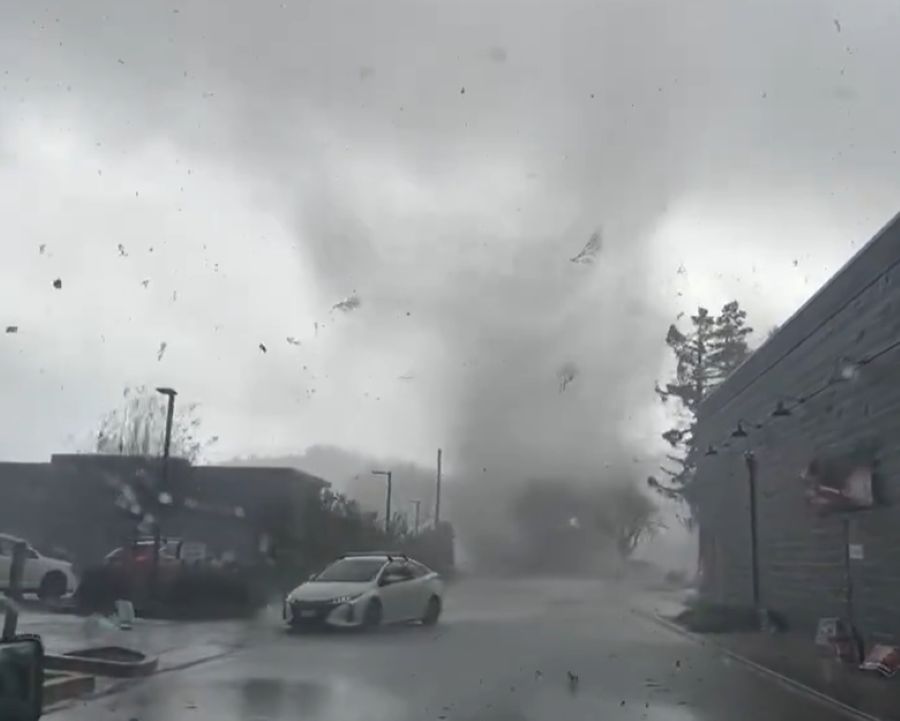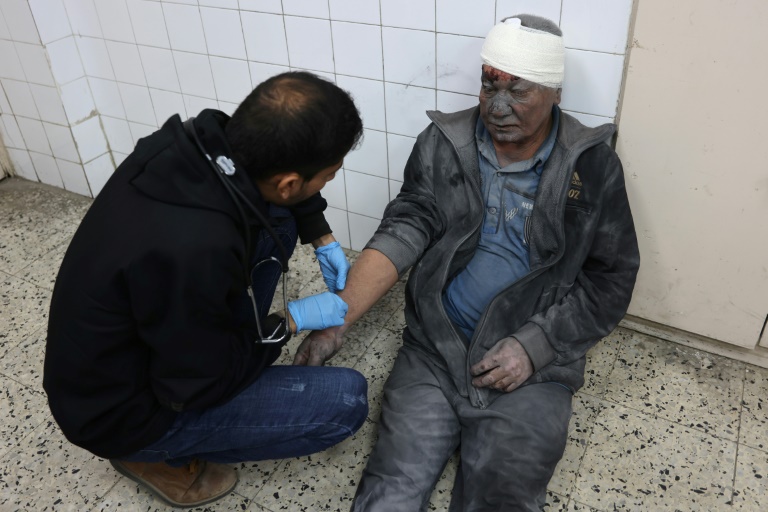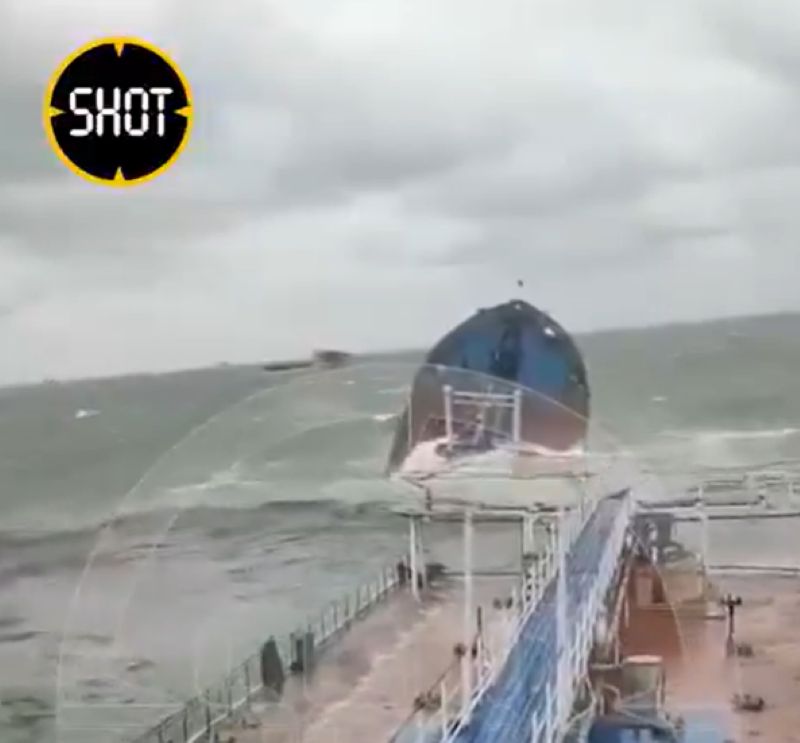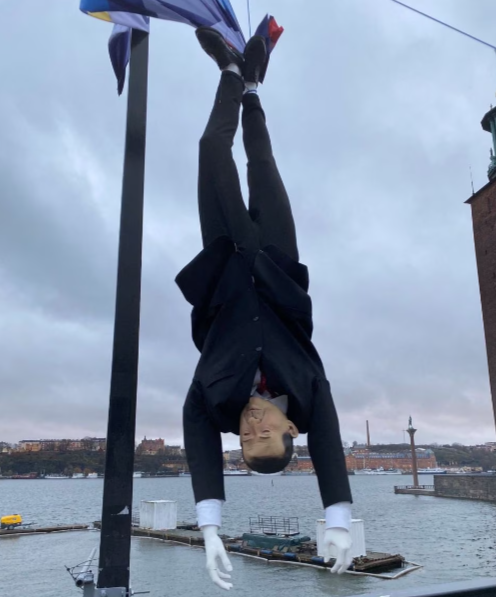Reuters
Poland and Lithuania want the European Union to impose restrictions on Russia’s nuclear sector as part of new sanctions against Moscow and Minsk for the war in Ukraine, senior diplomats from the two EU countries said on Friday.
The EU’s leading Russia hawks will propose that the bloc bans more “Russian propaganda” media outlets and cuts more Russian banks from the SWIFT global messaging system, the diplomats said, asking not to be identified.
“It is more and more difficult to get the necessary unanimity in the EU for more sanctions. Nonetheless, we will propose an ambitious new package,” said one of the diplomats.
They said the 10th EU package of sanctions since Russia invaded Ukraine should be ready in time for the first anniversary of the invasion on Feb. 24.
They wanted new sanctions against Russia’s ally Belarus, where they said loopholes allowed it to bypass European sanctions against Moscow in trading goods including furniture.
That chimes with an announcement earlier this month by the EU’s chief executive, European Commission President Ursula von der Leyen, that the bloc would impose sanctions against Belarus for aiding Russia in the war.
Russia used Belarus as a springboard to invade Ukraine and since October has deployed troops in Belarus for joint military drills.
Ukraine has already called on the 27-nation EU to include Russian state nuclear energy company Rosatom in its next round of sanctions, a move that has so far been blocked by Hungary, among others.
Hungary has four Russian-built nuclear reactors and plans to expand that by two, to be built by Rosatom.
“Are you comfortable with a partner like that? Who invades a neighbouring country while also building your nuclear plant?,” said a senior Ukrainian diplomat attending the same meeting on Friday with the EU diplomats in the bloc’s hub Brussels.
They proposed that Rosatom and/or its leadership be blacklisted as a first step that should then lead to winding down cooperation in the EU with Russia’s nuclear industry.
The EU currently has some 1,300 individuals and 120 entities blacklisted over Russia’s war in Ukraine, as well as economic sanctions in place that include the trade, transport, energy, banking, media and defence sectors.
The senior diplomats said they would also try again to end Belgium’s diamond trade with Russia through new EU sanctions and expand bans on trade in goods that can be used for military purposes.





![Lisa Marie Presley Looked Unsteady, Frail and Slurred Her Words at Golden Globes Before Her Death from Cardiac Arrest [WATCH]](https://data.ibtimes.sg/en/full/64577/lisa-marie-presley.jpg)

